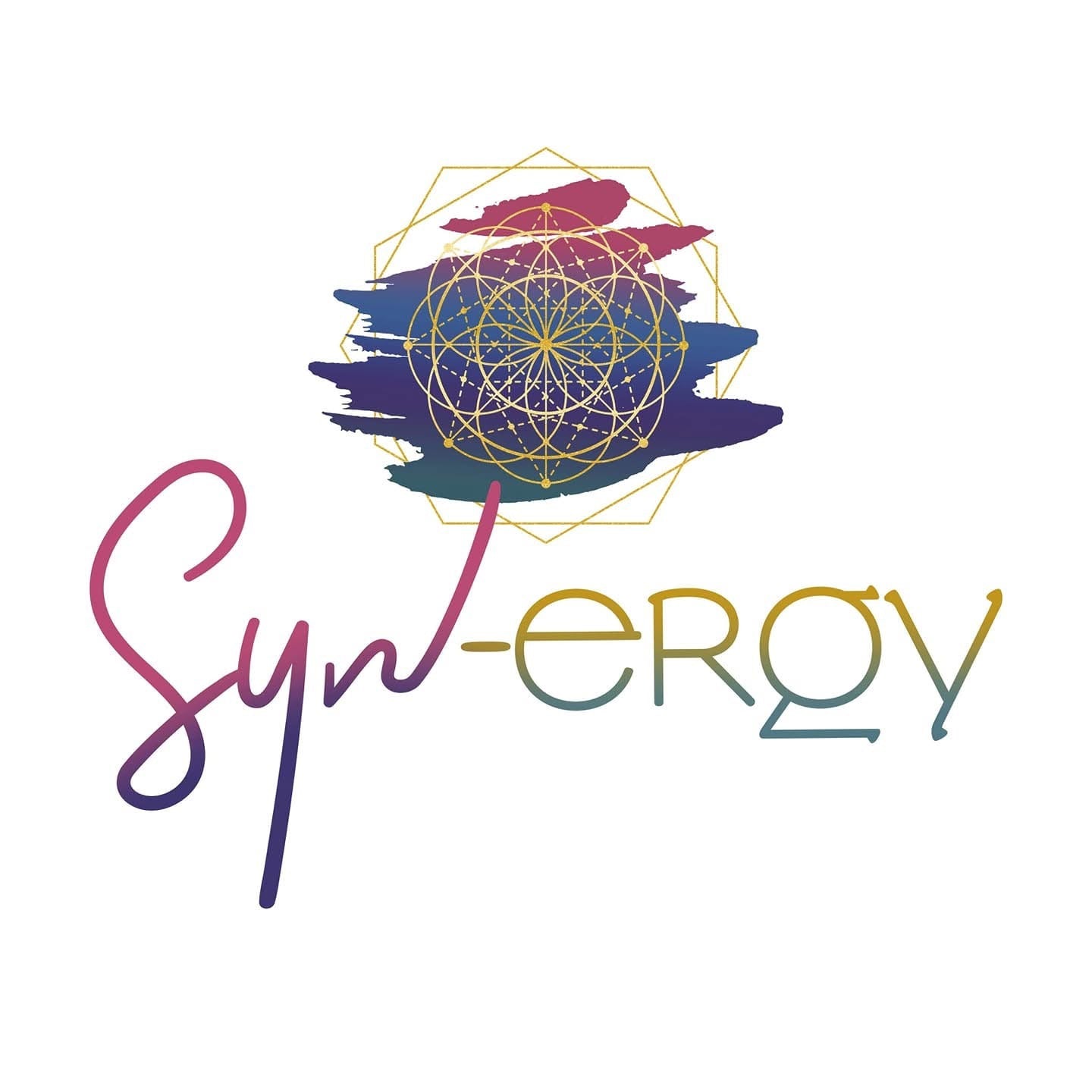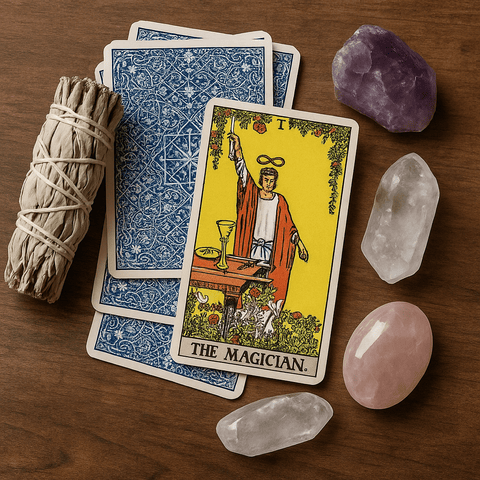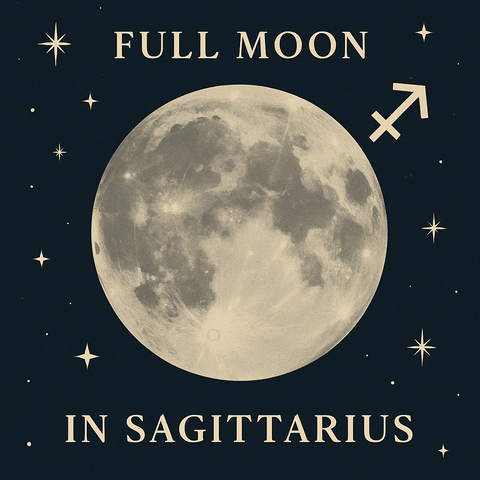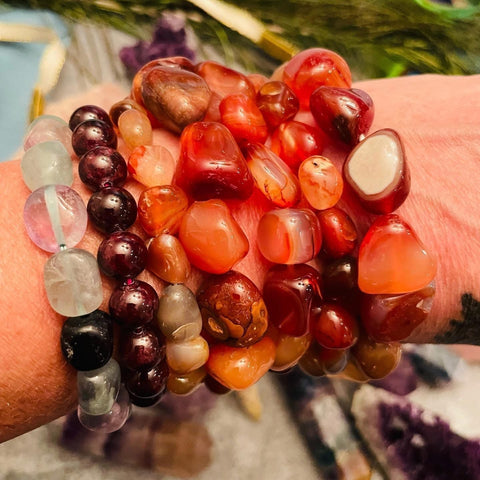A Safe Space for Faith and Curiosity
Over the years, one question has come up time and again—especially from those who identify as Christians:
“Is it a sin to use tarot cards?”
“What about crystals?”
“Is smudging evil?”
These questions are often asked with genuine curiosity—and sometimes concern. What many people don’t know is that I, too, am a woman of faith. I began developing a relationship with God at a very young age—not because my family was religious, but because I felt a deep and personal calling. That relationship has ebbed and flowed through the seasons of my life, but it has always been mine.
At the same time, I am a woman who:
- Uses tarot for self-reflection and prayerful journaling
- Practices yoga and meditation
- Works with crystals to support energetic and emotional healing
- Burns sacred herbs like sage, cedar, and sweetgrass to cleanse space and spirit
- Feels deeply connected to the Earth and its rhythms, and to the vibration of the universe that I believe is part of God’s creative force
So if you’re wondering whether you can honor God and still be drawn to these spiritual tools—you’re not alone. And you’re not wrong for asking.
What Scripture Says About Spiritual Practices
For those unfamiliar with the Bible, it contains teachings and principles meant to guide the hearts and choices of those who follow God. Some passages are often quoted in discussions around spiritual tools. Let’s explore them with context and care.
Deuteronomy 18:10–12
“Let no one be found among you who sacrifices their son or daughter in the fire, who practices divination or sorcery, interprets omens, engages in witchcraft, or casts spells…” (abridged)
What it means:
This passage is part of a list of practices God told the Israelites (His people) not to engage in. At the time, these practices were tied to idol worship and harmful rituals, like child sacrifice and manipulating spiritual forces to gain control over life or the future. The heart of this warning is about not placing trust in magic or false gods instead of God. It’s a message about intention and spiritual integrity—not a condemnation of reflection or wellness practices.
Leviticus 19:31
“Do not turn to mediums or seek out spiritists, for you will be defiled by them. I am the Lord your God.”
What it means:
In ancient times, people often turned to mediums (those who claim to speak to the dead) instead of seeking wisdom through prayer or divine relationship. This passage warns against seeking hidden knowledge through channels that could mislead or confuse. For modern seekers, it’s a reminder to be discerning about where we seek truth. It’s not a rejection of tools like meditation, journaling, or even cards used for self-awareness—but a caution against handing over our spiritual authority to outside forces or people.
Psalm 139:23
“Search me, O God, and know my heart; test me and know my anxious thoughts.”
What it means:
This is a prayer asking God to look within us—into our emotions, motives, fears, and hopes. It’s a reminder that what matters most is the state of our heart, not just what we do on the outside. This verse is often at the center of how I personally use spiritual tools: not to predict the future, but to pause, reflect, and realign with my soul and with God.
1 Corinthians 10:23
“Everything is permissible”—but not everything is beneficial. “Everything is permissible”—but not everything is constructive.”
What it means:
This verse teaches about discernment. It says, yes—many things are allowed—but not everything helps us grow or brings peace. Just because we can do something doesn’t mean it serves our well-being or relationship with God.
It invites each of us to reflect:
Is this practice helping me connect more deeply to truth?
Or is it distracting me, or pulling me away from what really matters?
A Closer Look at the Tools
Here’s how I use sacred tools at SYNergy Holistic Boutique—with intention, not superstition.
Tarot Cards
- A tool for journaling, reflection, and self-inquiry
- A way to ask questions, not predict outcomes
- A mirror for inner work—not a map of the future
Crystals
- Gifts from the Earth that carry vibration and structure
- Used for grounding, calming, focusing intention, or supporting emotional energy.
- Treated with gratitude, not worshipped
Smudging (Sage, Cedar, Sweetgrass)
- Used in many cultures (including by Indigenous peoples and early Christian rituals)
- Clears energy, calms the mind, and marks sacred space
- A physical act that creates space for spiritual presence
It All Comes Down to Intention
What makes something sacred—or not—is the why behind it. These tools are not the source. God is. But just as people light candles in church, wear crosses, or kneel in prayer to get into a sacred mindset—tools can help us listen, pause, and remember who we are.
Used with reverence, tools like tarot, crystals, and smudge can:
- Support emotional healing
- Create grounding and presence
- Help us reconnect with our Creator through reflection and calm
In Closing
You can walk with God
You can love Jesus
You can pray deeply
And you can still feel drawn to sacred tools that support your healing and inner growth. None of this replaces faith—it supports it when used mindfully. At SYNergy Holistic Boutique, we honor both tradition and transformation. We make space for those walking between curiosity and conviction, ritual and reverence, wellness and worship.









Comments (0)
There are no comments for this article. Be the first one to leave a message!